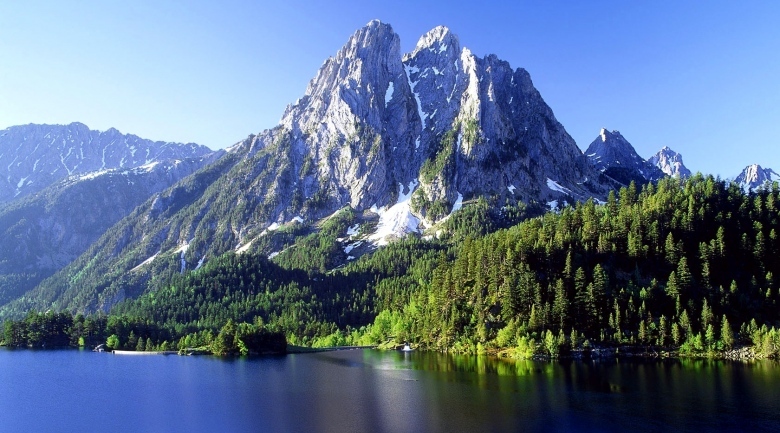
Much of the extreme weather that wreaked havoc in Asia, Europe and the Pacific region last year can be blamed on human-induced climate change, according to the World Meteorological Organization. The U.N. weather agency’s annual assessment Monday said 2013 was the sixth-warmest year on record.
Rising sea levels has led to increasing damage from storm surges and coastal flooding, as demonstrated by Typhoon Haiyan, the agency’s Secretary-General Michel Jarraud said. The typhoon in November killed at least 6,100 people and caused $13 billion in damage to the Philippines and Vietnam. Australia, meanwhile, had its hottest year on record.
"Many of the extreme events of 2013 were consistent with what we would expect as a result of human-induced climate change," Jarraud said.
He also cited other costly weather disasters such as $22 billion damage from central European flooding in June, $10 billion in damage from Typhoon Fitow in China and Japan, and a $10 billion drought in much of China.
Only a few places, including the central United States, were cooler than normal last year, but 2013 had no El Nino, the warming of the central Pacific that happens once every few years and changes rain and temperature patterns around the world.
Jarraud spoke as top climate scientists and representatives from about 100 governments with the U.N.’s Intergovernmental Panel on Climate Change met in Japan to complete their latest report on climate change’s impact on hunger, disease, drought, flooding, refugees and war.
